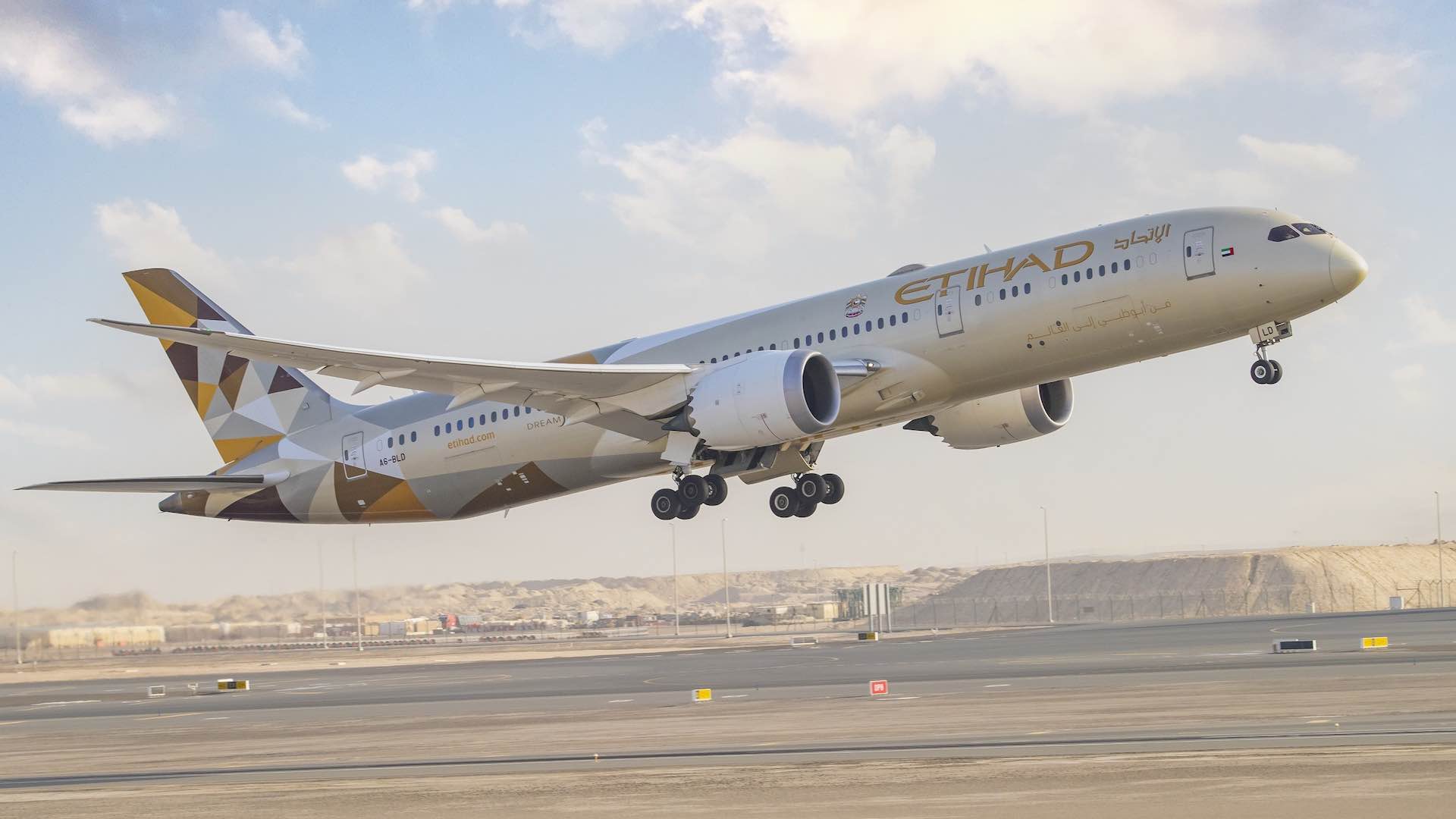In a significant leap towards a greener future, Etihad Airways, the national airline of the UAE, reported a 26% reduction in CO2 emissions per Revenue Tonne Kilometre (RTK) in 2022, as revealed in its annual sustainability report. This impressive feat, down to 482 grams compared to the 2019 baseline, stands testimony to the airline’s unwavering commitment to environmental sustainability.

Etihad’s robust sustainability strategy serves as the backbone of this achievement. The strategy stands on the pillars of emissions reductions through in-sector measures, alignment with industry voluntary roadmaps and frameworks, and effective collaboration with UAE industrial ecosystems. The airline’s proactive and transparent stance on sustainability issues and its strategic roadmap for targets underpin this approach.
Adding to its sustainability milestones, Etihad signed the Neste Airline Collaboration Agreement, facilitating corporations to offset their Scope 3 emissions using Sustainable Aviation Fuel (SAF) credits. Additionally, the airline made history by becoming the first foreign airline to receive a SAF supply in Japan, in partnership with ITOCHU Corporation and Neste MY Sustainable Fuel. This initiative in the fourth quarter of 2022 led to the delivery of around 50,000 USG of Neste produced fuel, reducing approximately 75 tCO2 at a blend of 39.66 percent.
In another move towards decarbonization, Etihad formed a strategic partnership with World Energy, focusing on in-sector emissions reductions. The collaboration gave rise to the first net-zero flight powered entirely by SAF, offsetting CO2 emissions of 216 metric tonnes through SAF credits. In an ecological conservation endeavor, Etihad also planted 68,916 Mangrove trees as part of the Etihad Mangroves Forest project, further reflecting its commitment to a sustainable future.
